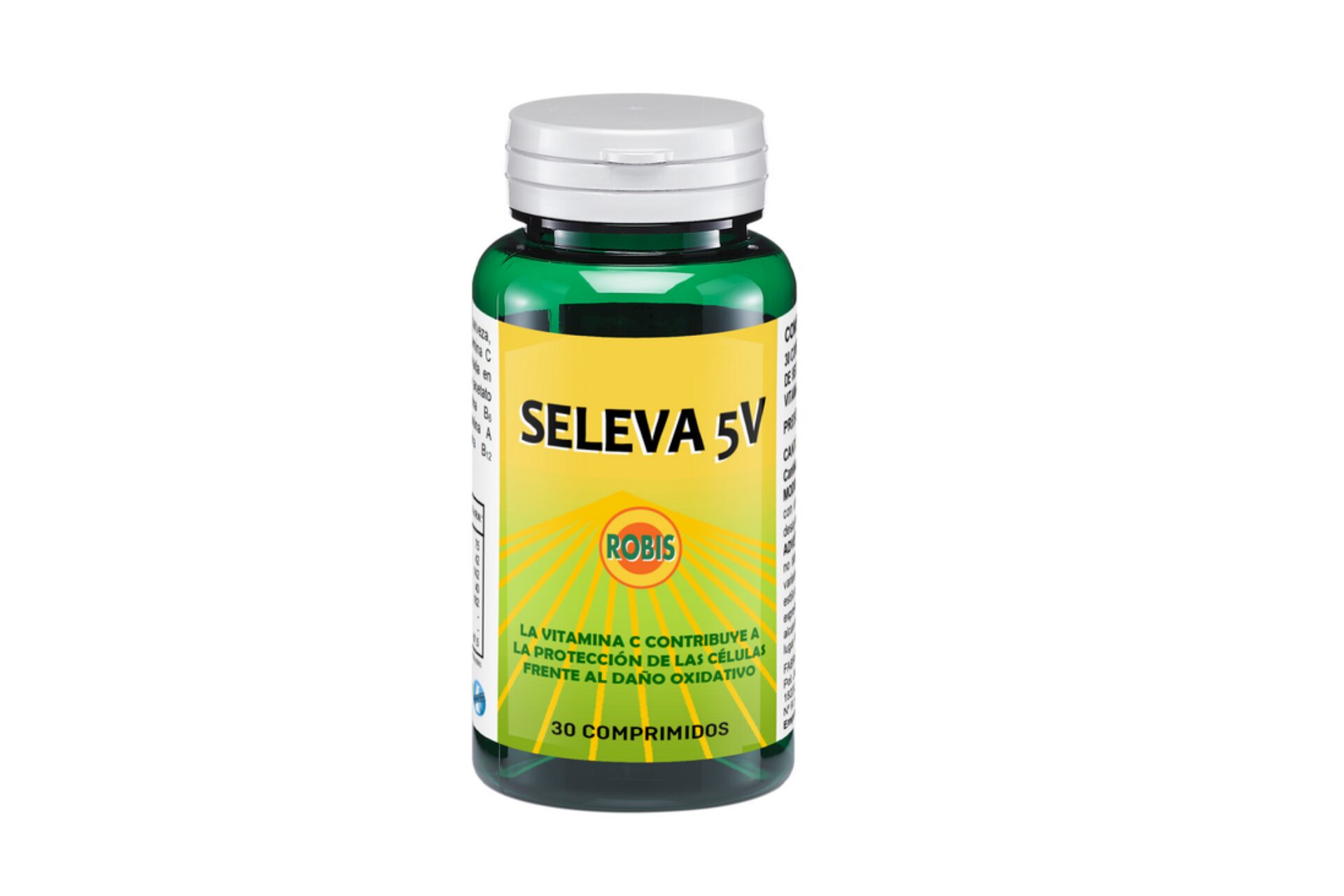When it comes to taking vitamins before bed, timing matters. The time you take your vitamins can impact how effectively your body absorbs the nutrients, and for most people, bedtime may not be the best choice. Research shows that the body absorbs nutrients less efficiently during sleep, making it less ideal for optimal vitamin use. Understanding the science of vitamin absorption, the differences between water-soluble and fat-soluble vitamins, and the best timing for each type can help you get the most from your nutrient supplements.
Is It Okay to Take Vitamins Before Bed?
For many people, it’s better to avoid taking vitamins before bed. While sleeping, the body’s metabolic rate slows down, which can impact how effectively nutrients are absorbed. Water-soluble vitamins, such as Vitamin C and B-complex vitamins, rely on an active digestive system for optimal absorption, which is less active at night.
On the other hand, certain supplements, such as melatonin or magnesium, are specifically designed to promote relaxation and improve sleep quality. These exceptions aside, taking most vitamins before bed may not deliver the full benefits you’re seeking.
What Happens to Nutrients Taken at Night?
When you take vitamins at night, the slowed digestion during sleep may hinder their breakdown and absorption. This is particularly true for vitamins that require the presence of food or other digestive processes for optimal absorption. For example:
Water-Soluble Vitamins
These include Vitamin C and all B vitamins. They dissolve in water and are absorbed into the bloodstream but require a functioning digestive system for maximum efficiency.
Fat-Soluble Vitamins
These include vitamins A, D, E, and K. They are stored in fat tissues and require dietary fats to be effectively absorbed. Without food, their absorption is significantly reduced.
Taking these supplements at night can result in less-than-ideal outcomes. For the best results, taking your vitamins earlier in the day is recommended.
What Vitamins Should Not Be Taken at Night?
While some supplements can be taken at night without issue, others may cause problems such as sleep disruption, reduced absorption, or stomach discomfort. Vitamins and supplements to avoid taking at night include:
B-Complex Vitamins
These are known to provide an energy boost and enhance cognitive alertness. Taking them at night could interfere with your ability to fall asleep.
Vitamin D Supplement
Often essential for bone health and immunity, Vitamin D is better absorbed when taken with food, typically earlier in the day when digestive activity is at its peak.
Iron Supplements
Iron can cause stomach discomfort and nausea, especially if taken on an empty stomach, making nighttime use uncomfortable.
Fat-Soluble Vitamins
Vitamins A, D, E, and K are best absorbed when paired with dietary fats during meals, which are typically consumed earlier in the day.
Taking these at night may reduce their effectiveness and even cause unwanted side effects like sleeplessness or stomach upset.
Can I Lay Down After Taking Vitamins?
If you take vitamins before bed, you might wonder whether it’s okay to lie down afterward. While it’s not harmful for all vitamins, it’s generally better to stay upright for at least 30 minutes after taking supplements. This is especially important for vitamins that can irritate the stomach, such as iron or calcium.
Staying upright helps prevent issues like acid reflux and ensures the vitamins begin breaking down properly for optimal absorption. Pairing your supplements with a meal or snack containing healthy fats can also improve the absorption of fat-soluble vitamins like Vitamin D and Vitamin A.
What Is the Best Vitamin to Take Before Bed?
While most vitamins are better taken during the day, there are some exceptions that are well-suited for bedtime:
Magnesium
Magnesium is a mineral that helps relax muscles and improve sleep quality. It’s often recommended as part of a bedtime routine.
Melatonin
As a hormone that regulates sleep-wake cycles, melatonin is designed to be taken before bed to promote restful sleep.
However, the majority of vitamins and supplements, such as multivitamins, are not specifically designed for nighttime use. If you are considering taking a specific vitamin at night, consult your healthcare provider to ensure it aligns with your health needs.

Should You Take Vitamins in the Morning or at Night?
In general, vitamins are more effective for most people in the morning. Here’s why:
Water-Soluble Vitamins Work Best on an Empty Stomach
Vitamins like B-complex and Vitamin C are absorbed more effectively when taken on an empty stomach. Morning is an ideal time for these vitamins, as they also help boost energy levels throughout the day.
Fat-Soluble Vitamins Need Food
Vitamins A, D, E, and K should be paired with a meal containing healthy fats, such as avocado, nuts, or olive oil. Morning or lunchtime meals provide an excellent opportunity for this.
Improved Digestive Activity
During the day, your digestive system is more active, which enhances the breakdown and absorption of vitamins.
By scheduling your vitamins for the morning or midday, you ensure your body absorbs them efficiently and avoid potential side effects.
Tips for Optimal Vitamin Absorption
To make the most of your vitamin routine, follow these tips:
Follow Manufacturer Instructions
Always read the label for specific recommendations about timing and whether to take your supplements with or without food.
Don’t Take Too Many at Once
Some vitamins and minerals can interfere with each other’s absorption. For example, calcium and iron should be taken separately to maximize effectiveness.
Stay Hydrated
Drinking plenty of water aids the absorption of water-soluble vitamins.
Pair Fat-Soluble Vitamins with Food
Include healthy fats in your meals to improve the absorption of vitamins A, D, E, and K.
Avoid Taking Supplements on an Empty Stomach at Night
If you must take vitamins in the evening, make sure to pair them with a light snack to prevent stomach upset and improve absorption.

Why Timing Matters
The timing of your vitamin intake directly impacts how well your body utilizes these nutrients. For instance, taking a vitamin D supplement with breakfast that includes healthy fats ensures it is absorbed effectively, while taking it on an empty stomach before bed reduces its benefits.
Similarly, water-soluble vitamins like Vitamin C and B-complex are better taken in the morning, as they work quickly to support energy levels and metabolism throughout the day.
Find Quality Supplements from Uscriptives
While it’s not necessarily harmful to take vitamins before bed, it’s generally not the most effective approach. For most vitamins, morning or midday is ideal for optimal absorption, as your body is more active and better equipped to process nutrients during the day. Exceptions like magnesium or melatonin are specifically designed for nighttime use and can be beneficial before bed.
Understanding the differences between water-soluble vitamins, which work best on an empty stomach, and fat-soluble vitamins, which need food, can help you design a vitamin routine that aligns with your health goals.
Visit Uscriptives for premium nutrient supplements you can trust. With scientifically formulated products and transparent ingredient sourcing, Uscriptives ensures you get the best for your body. Explore our range today and take the first step toward a healthier you!
Publisher: Source link



